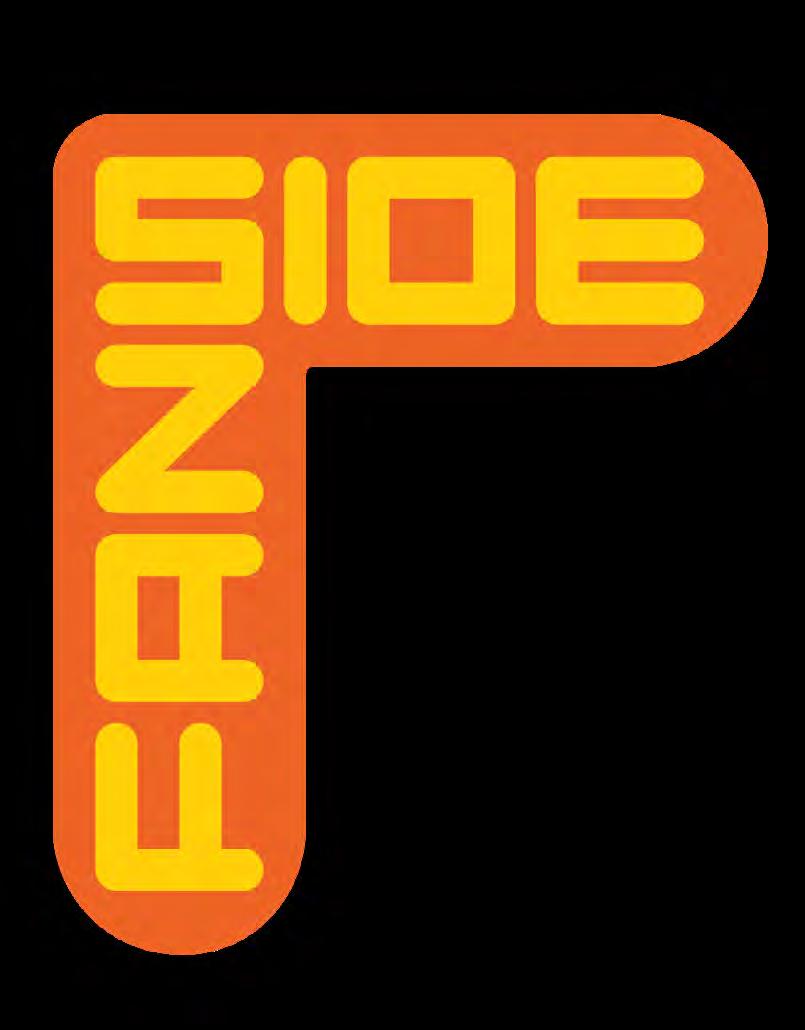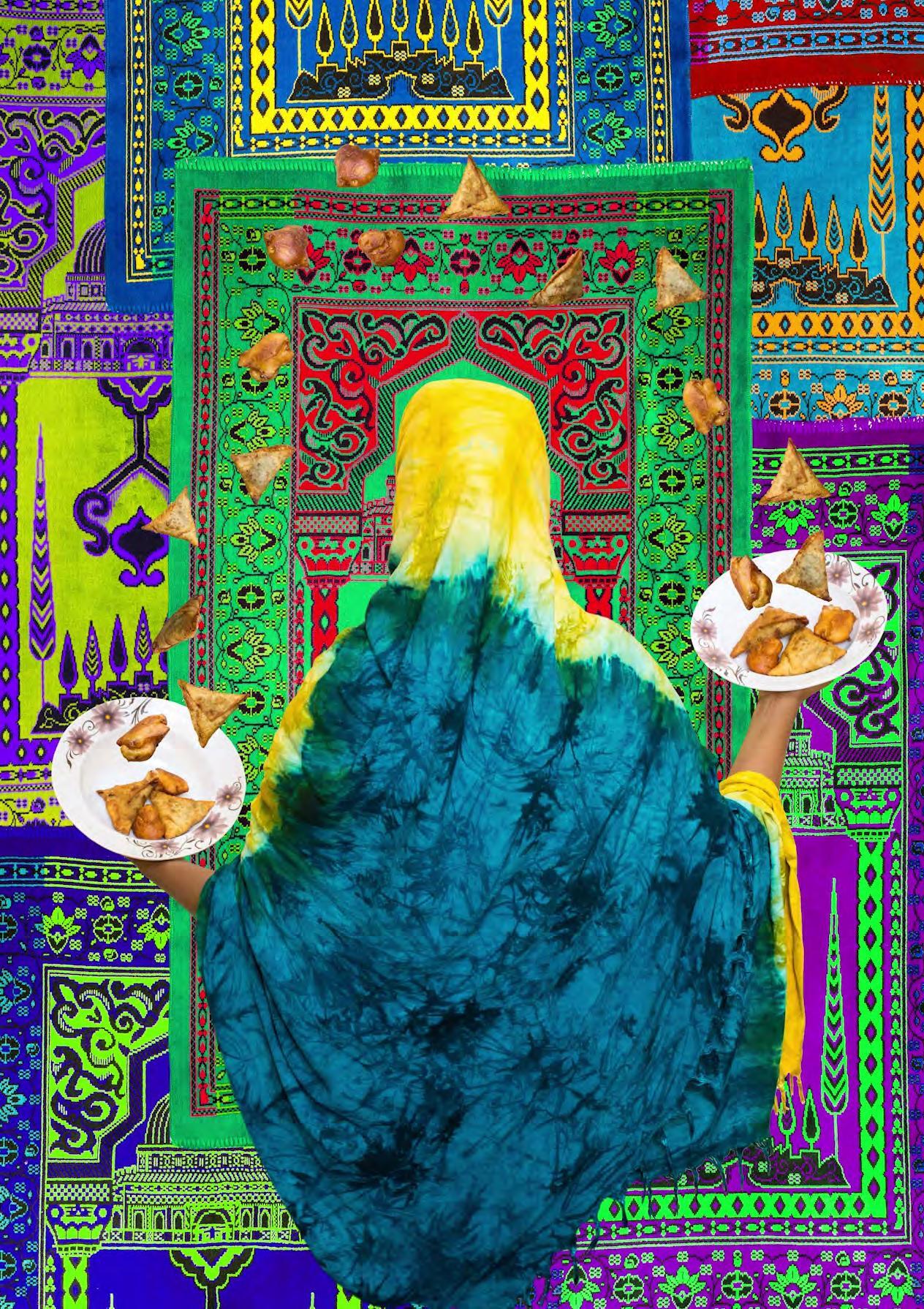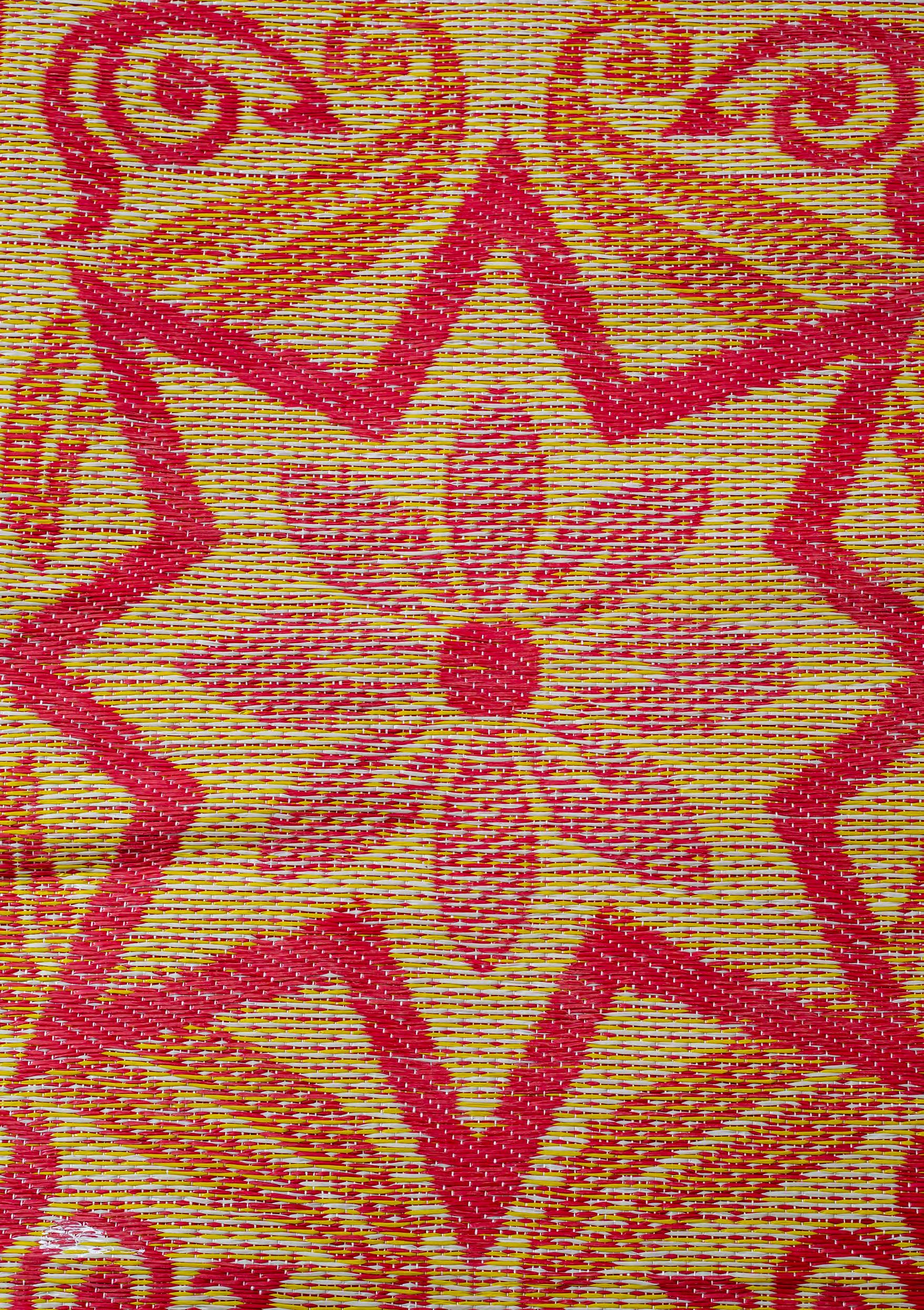

nr 2 03/24




nr 2 03/24

by Moustafa Ahmad

There’s a particular sound that lingers in the memory of many who grew up in Hargeisa and Somaliland. It isn’t the bustling markets or the evening chatter of neighbors preparing for iftar—it’s the whistling sound of Radio Hargeysa, a familiar tune that signaled the moment of breaking fast.
As a child, I remember playing outside, lost in my own little world, until that sound rang through the air. That was my cue. I’d drop everything and sprint to the room where the food was laid out—where samosas, still warm and crisp, waited for me. (I’ve always had a special love for samosas—Sambuuse as we call them.)
Some of my favorite Ramadan memories are from the Ramadan tournament, when the playground was full of people, all caught up in the excitement of the game. Then, as the match reached its final moments, the whistling sound would echo in the background—and suddenly, everything would stop. Those who lived closest to the playground would sprint home immediately, while others, knowing they had a longer way to go, would leave even earlier to make it in time. Within moments, the once lively field would be completely empty and still, as if the game had never even happened.
That sound, as I later learned from my parents, has been played for decades. Simple research led me to discover that it was composed sixty years ago at Radio Hargeysa, a melody that has since become woven into the fabric of Ramadan in Somaliland. The song—Cuna Cuna Caboo Cuna—was performed by the late singer and comedian Mohamed Omar Hussein “Huryo”, alongside Faadumo Abdillahi Kahin “Maandeeq” and Shamis Abokor “Guduudo Carwo”. It’s not just a song; it’s a portal to a past where Ramadan was simpler, where time slowed down with the setting sun, and where we all huddled around a single radio, waiting.
Now, things are different. The whistling sound is fading, replaced by phone notifications, social media scrolls, and digital reminders. I still break my fast with the call to prayer, but often, it’s in the background while I’m on TikTok or watching a video.
And yet, nostalgia has a way of keeping things alive. The melody still plays in my mind, tied to the taste of dates and the warmth of family. Even as the world changes, Ramadan remains—an anchor in time, a
sound, a memory, a feeling that never really fades.


Ibrahim Osman

They call it Ramadan, but here it’s Rabadaan— not just a name, but a pulse, a slow, deep breath, that wraps itself around the bones.
It isn’t just hunger. It’s a pause.
A space between breaths, a silence that settles like dust in the streets before the sun rises, when the city is still and eyes flicker open, emerging from the quiet of night, from the quiet battles of green shamans.
Shuuro [corn grits] drips from the edge of the bowls, tea spills warm over hands, and voices whisper, urging the faithful to rise and eat, but also, to be still.
There’s a stretch to the hours, long and heavy, as hunger turns inward, creating space for the things unseen.
Time—
No longer linear. It’s a pull, a bend, a long, soft stretch. Men gather under the shade, the mosques full with waiting.
Laandhuu [dice] roll in plastic cups, boards are set, hands moving slow, as if time itself is breaking— rebelling in the quiet of the streets.
Then the sun dips low, and the world begins to hum again.
Tables are set— watermelons cracked open, dates and drinks all gathered in the center of the waiting.
The air hums with voices, and music spills, The familiar flute calling all to sit, Except the women-- in whose hands the rhythm of it all. And then— the call.
The adhaan. It cracks the silence, breaks the weight, and the day releases. Time returns, but it’s different now— deeper, heavier, And with a different pulse.

But what of the women? What of them, in this slow, sacred dance of waiting?
They fast, their hunger not just food. They fast from the quiet, from the stillness men find in rest, from the peace that falls when the body sinks into slumber.
They stir the fires, their hands never still, always moving, tending the kitchens, the children, the childish men, the endless calls of need. their hunger woven into the day, a quiet sacrifice, unspoken, but felt.
While the men rest, their plates full, their feet at ease, the women move— from one hunger to the next,
But when the city sleeps, and the last plate is washed, somewhere in the quiet, they find a moment— tea in hand, a breath, to feel the weight of the day, to know that their hands held the rhythm of it all.













Across
2. Dabaaldegga lagu soo afmeero bisha Ramadaan.
6. Xoolo muhiim ah oo dhaqanka Soomaaliyeed ku weyn.
7. Buugga barakaysan ee Islaamka, oo inta badan la akhriyo Ramadaanta.
9. Cunto fudud oo Soomaaliyeed oo la cuno xilliga afurka
10. Cabitaan qabow oo la cabo marka afurka la gaadho.
12. Magaca dadka Soomaaliyeed.
13. Roodhida khafiifka ah ee Soomaaliyeed, inta badan la cuno xilliga suxuurta.
15. Goobta Muslimiintu ku tukadaan.

Down
1. Erey Soomaaliyeed oo macnihiisu yahay baryo ama cibaado.
3. Cuntada la cuno marka soonka la jabinayo.
4. Salaadaha gaarka ah ee la tukado habeenkii Ramadaanta.
5. Cuntada la cuno inta aan soonka la bilaabin subaxdii.
6. Nooc ka mid ah suugaanta Soomaaliyeed oo aad loo ixtiraamo.
8. Ereyga Soomaaliyeed ee macnihiisu yahay ‘hooyo’, qofka ugu muhiimsan qoyska.
11. Sadaqada waajibka ah ee Muslimiintu bixiyaan, gaar ahaan Ramadaanta.
14. Eray Soomaaliyeed oo macnihiisu yahay ‘xiddig’, astaan muhiim u ah Soomaalida.
Ka qaybqaadayaasha:
Mustafe Axmed
Ibraahim Cismaan
Mustafe Siciid

Contributors:
Moustafa Ahmad
Ibrahim Osman
Mustafa Saeed
Sawirka jaldigga iyo Nashqadaynta:
Mustafe Siciid

Cover image & Design: Mustafa Saeed

